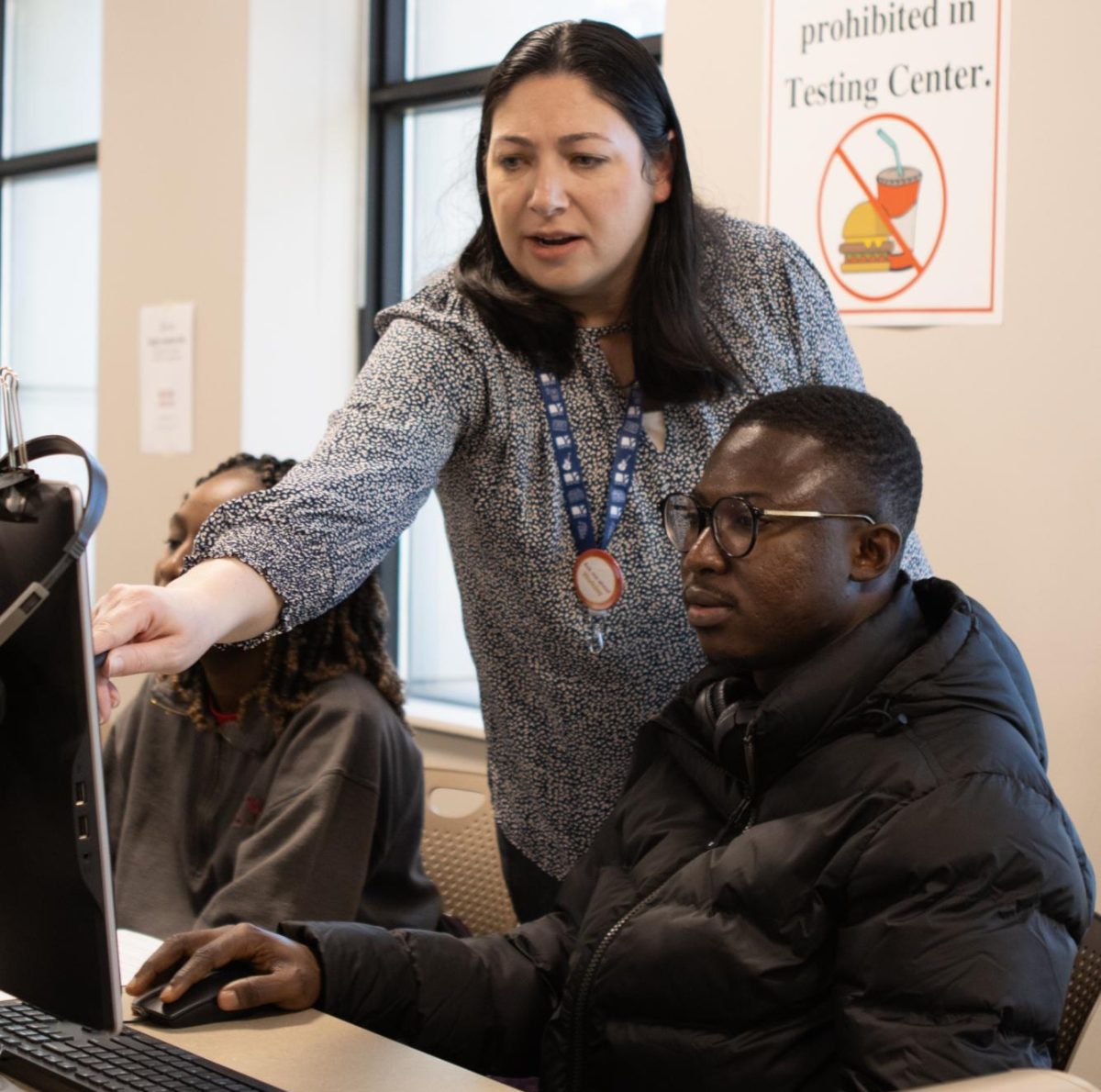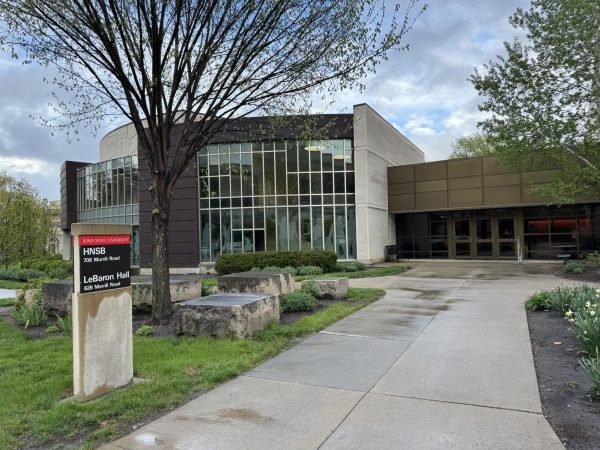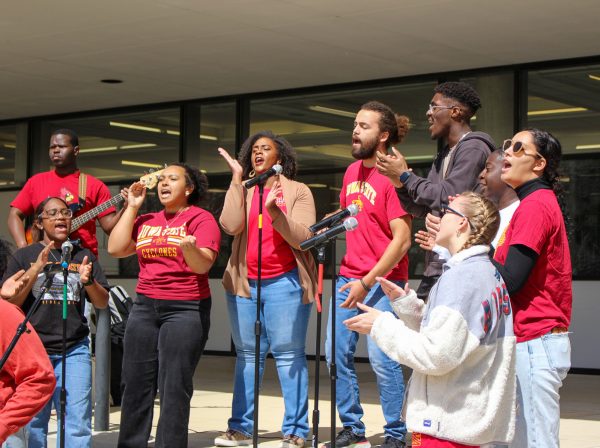Communication brings Arab world closer to West
September 20, 2007
Iowa has gotten its name out in the world, but not through orthodox means.
“Iowa is probably the best known state to Arabs,” said Christian Sinclair, director of Middle Eastern studies for the School for International Training in Vermont, when he opened his lecture about pop culture and globalization in the Arab world.
Iowa is known to Arabs because it translates to “yes” in Arabic, Sinclair said.
“If you say Iowa, they know exactly where it is,” he said.
Sinclair said most people don’t have a clue what an Arab is. The Arab League defines Arab as a person who speaks Arabic, who lives in an Arabic-speaking country, and “who is in sympathy with the aspirations of the Arabic-speaking peoples.”
Americans typically have a negative response to Arabs, Sinclair said. He said it may be because of political cartoons and media portrayal.
Now, Arab nations are looking up because of increasing literacy rates due to globalization. Arabs between the ages of 15 and 24 now have a literacy rate of 76 percent – 10 percent more than the rest of the Arab world.
“What has happened is due to the increase of communication,” Sinclair said.
Identity in the Arab nations is difficult. Most Arabs, when asked, will identify themselves as Muslim before Arab, or by their national origin.
Globalization has led to influences by Western culture. Now Arabs can see their own versions of “American Idol” and “Who Wants to be a Millionaire” on TV.
Even with these new developments in entertainment, there are Arab governments that have special units trying to stop people from using YouTube, Sinclair said. Censoring and repression has gotten better than it was over the years.
Arabic bloggers haven’t been as lucky.
“A lot of people who are blogging are putting themselves in danger for what they write,” Sinclair said.
Many bloggers who are caught face prison time. Most remain anonymous with no pictures or names to reveal their identities.
“The more they try to suppress it,” Sinclair said, “the more underground it goes.”
When bloggers go underground, it makes them much harder to catch. It actually expands the network of people writing illegal content, counteracting the suppression, Sinclair said.
Now with this added communication and the Internet, the Arab nations are coming together instead of fragmenting as they have done in the past, Sinclair said.
Mark Rectanus, professor of world languages and cultures and one of the hosts of the lecture, said this is a great topic because the Arab world is a mystery to most Americans.
“It’s a learning experience, I think, for many of us,” Rectanus said.
















